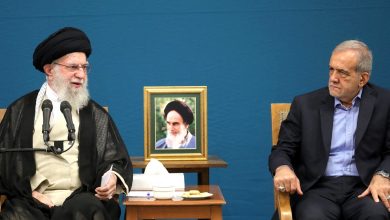Baghdad is bracing for a period of intense political maneuvering following the recent parliamentary elections. The outcome of these elections will determine the next President and Prime Minister, setting the stage for the future direction of the country.
Since 2005, Iraq’s political landscape has been largely defined by a power-sharing agreement (muhasasa) among the dominant political forces. According to this system, the presidency is traditionally held by a Kurd, the prime minister post, considered the most powerful, is occupied by a Shia, and the speaker of parliament is a Sunni.
The newly elected parliament is mandated to select a new president in its inaugural session, which must occur within 15 days of the final election results announcement. This session is presided over by the oldest member of parliament. Following the first session, the parliament has 30 days to elect a president by a two-thirds majority.
However, these constitutional deadlines are often missed due to political wrangling. The 2021 elections saw the parliament convene nearly three months after the vote due to tensions arising from Muqtada al-Sadr’s victory and objections from Iranian-backed parties.
Ultimately, Abdul Latif Rashid was elected president in October 2022, who then tasked Mohammed Shia’ al-Sudani with forming a new government.
Government Formation Process
The President must nominate a Prime Minister within 15 days of being elected. The nominee is supposed to be the candidate of the “largest parliamentary bloc,” effectively representing the executive branch. Given the absence of an absolute majority, the selection of the next Prime Minister hinges on forming a coalition capable of negotiating with allies to become the largest bloc. Once nominated, the Prime Minister-designate has 30 days to form a government.
Regional Influences
Like his predecessor, the new Prime Minister will need to navigate a delicate balance in relations with both Iran and the United States. Iran wields significant influence in Iraq, a factor that will undoubtedly shape the upcoming political landscape. Maintaining stability and fostering cooperation amid these competing interests will be a key challenge for the new government.




